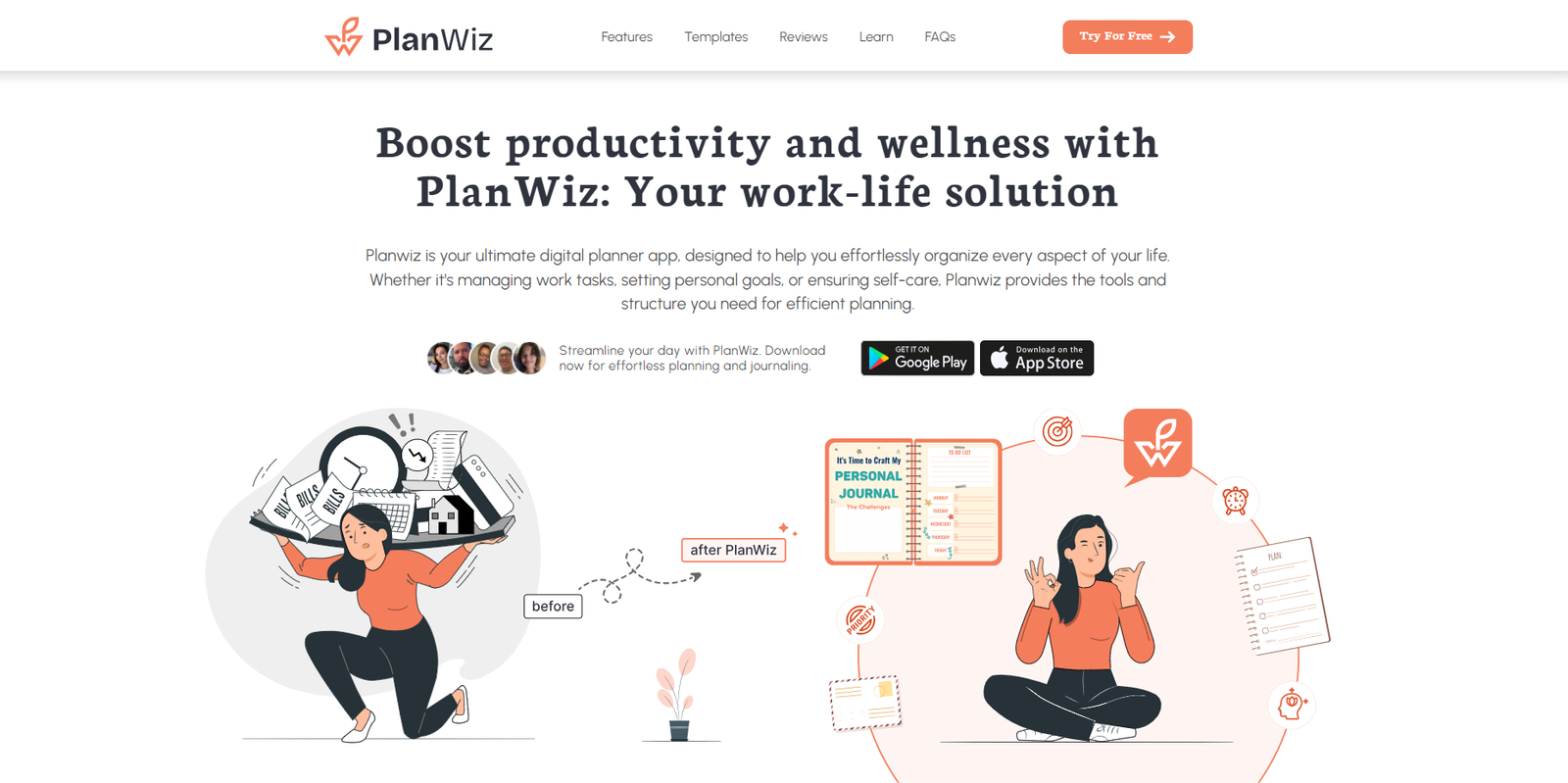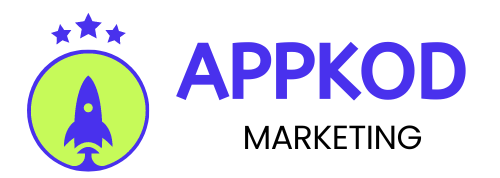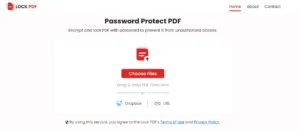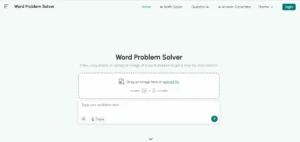Staying productive in today’s fast-paced world can be challenging, especially when juggling multiple tasks, meetings, and personal responsibilities. Fortunately, the right productivity apps can make all the difference. From managing schedules to tracking habits and staying organized, these tools help busy professionals focus on what truly matters.
In this blog, we’ll introduce 10 essential productivity apps, starting with our top pick, PlanWiz. This app simplifies planning and helps you manage your work and personal life.
1. PlanWiz:

Planwiz is your ultimate daily planner, designed to bring balance and clarity to every part of life—whether it’s personal goals, work tasks, or creative pursuits. With intuitive features and customizable templates, Planwiz helps you stay on top of your schedule effortlessly. Whether you’re organizing an agenda, planning your day, or setting weekly priorities, it adapts to your unique style. Perfect for students, professionals, and creatives alike, Planwiz ensures a seamless flow between responsibilities and wellness. Stay productive without stress, and keep everything accessible, no matter where life takes you.
Features
- Customizable layouts to match your planning style.
- Integrated task management, scheduling, and goal tracking.
- Native integrations with calendar apps and productivity tools.
- Cross-platform sync between mobile and desktop.
- Personalized sections for work, wellness, and creative projects.
Best For
- Professionals balance personal, work, and creative responsibilities.
- People seeking a personalized, all-in-one planning tool.
- Those focused on both productivity and wellness.
Pros
- User-friendly interface with deep customization options.
- Seamless work-life management from one app.
- Strong integrations with other productivity tools.
- Cross-platform access, keeping your plans updated everywhere.
- Encourages goal-setting and well-being with self-care tracking.
Cons
- Subscription is required for advanced features.
2. Todoist: Simplify Your Task List
Todoist is a powerful to-do list app that helps users break down tasks and manage deadlines. It offers priority tags, recurring tasks, and collaboration features. Designed for simplicity, Todoist keeps you focused on what matters most. Its intuitive interface allows quick task creation, ensuring you never miss a deadline.
Features
- Task lists with due dates and priority tags.
- Recurring tasks and reminders.
- Collaboration tools for shared projects.
- Works offline with sync across devices.
Best For
- Professionals need a task manager with reminders.
- Individuals managing personal and work-related projects.
- Teams requiring basic task collaboration.
Pros
- Minimalist design, easy to navigate.
- Syncs across multiple platforms for seamless access.
- Effective reminders for recurring tasks.
- Offline support keeps you on track even without the internet.
Cons
- A free version is limited; some features require a subscription.
- No visual project boards like in other apps.
- Not ideal for managing complex projects.
3. Notion: Your All-in-One Workspace
Notion combines note-taking, task management, and collaboration in one platform. It offers templates and customizable pages for various needs. With endless customization options, Notion adapts to any workflow. Its all-in-one approach eliminates the need for multiple tools, improving productivity.
Features
- Note-taking, task tracking, and collaboration tools.
- Customizable templates for personal and team projects.
- Teamwork tools like shared pages and workspaces.
Best For
- Teams need collaborative workspaces.
- Individuals combine notes, tasks, and projects.
- Freelancers manage different aspects of work in one place.
Pros
- Highly customizable for individual needs.
- Combines multiple functions, reducing the need for other tools.
- Works well for teams and solo users.
- Easy to share documents and collaborate with others.
Cons
- Steep learning curve for new users.
- Initial setup can be time-consuming.
- Some may find the overwhelming customization options challenging.
4. Trello: Visual Task Management Made Easy
Trello is a visual project management tool that uses boards and cards to organize tasks. It’s ideal for managing multiple projects with drag-and-drop functionality. Trello’s simplicity makes it easy to visualize progress across tasks. Teams benefit from its flexibility when managing workflows collaboratively.
Features
- Visual boards for task tracking.
- Labels, due dates, and checklists.
- Collaboration tools with easy drag-and-drop features.
Best For
- Visual learners who prefer organizing tasks with boards.
- Teams managing multiple small projects.
- Freelancers tracking project progress.
Pros
- Intuitive drag-and-drop interface.
- Easy to monitor project status at a glance.
- Great for team collaboration and tracking workflows.
- Integrates with tools like Slack and Google Drive.
Cons
- Can become cluttered with too many projects.
- Free version has limited features.
- Not suitable for managing complex, large-scale projects.
5. Microsoft OneNote: Capture Ideas Anywhere
OneNote allows users to create notebooks, capture ideas, and organize thoughts across devices. It’s perfect for brainstorming and meeting notes. With robust multimedia support, it accommodates various note formats effortlessly. Seamless integration with Microsoft 365 boosts productivity within familiar tools.
Features
- Notebook structure with sections and pages.
- Multimedia support for audio, images, and videos.
- Syncs across devices and integrates with Microsoft apps.
Best For
- Professionals taking notes during meetings.
- Individuals organizing projects or brainstorming ideas.
- Microsoft 365 users looking for seamless integration.
Pros
- Rich media support (audio, video, images).
- Easy organization with notebooks and sections.
- Integrates well with Microsoft tools.
- Free to use.
Cons
- The cluttered interface can feel overwhelming.
- Not ideal for advanced project management.
6. Evernote: Keep Track of Everything
Evernote helps you save notes, to-dos, and important files in one place. It offers powerful search functionality to access information quickly. The app excels at organizing diverse content formats, from documents to web clips. Evernote’s quick syncing ensures your data is always up-to-date across devices.
Features
- Note storage with tags for easy searching.
- Syncs across multiple devices.
- Save web clippings and scanned documents.
Best For
- Professionals handle many documents and notes.
- Individuals need a searchable personal archive.
- Students organizing research material.
Pros
- Reliable search function for quick access.
- The web clipper feature is helpful.
- Works well for both personal and professional use.
Cons
- Limited free features.
- Sync issues may arise occasionally.
7. Google Calendar: Plan Your Day Effectively
Google Calendar helps you organize events, set reminders, and manage schedules across devices. It integrates with many productivity tools. Its color-coded events make it easy to categorize tasks. Google Calendar’s shared calendars simplify team scheduling and coordination.
Features
- Event scheduling with reminders and alerts.
- Integration with Gmail and other tools.
- Shared calendars for collaboration.
Best For
- Professionals managing meetings and deadlines.
- Teams need shared calendars.
Pros
- Easy to use with helpful reminders.
- Works across devices.
- Free and integrates with other Google tools.
Cons
- Limited task management features.
- Requires internet access for most functions.
8. Slack: Communicate Seamlessly
Slack is a communication app for teams, offering organized channels and direct messaging. It helps streamline conversations and reduce emails. Slack supports file sharing and app integrations, centralizing team collaboration. Its notification settings can be customized to reduce distractions.
Features
- Organized channels for communication.
- Integration with tools like Google Drive.
- Direct messaging and file sharing.
Best For
- Teams needing fast, organized communication.
- Professionals looking to reduce email clutter.
Pros
- Centralized team communication in one place.
- Scalable for teams of any size.
- Integrates with many productivity tools.
Cons
- Notification overload can be distracting.
- Free version has limited features.
Conclusion
Finding the perfect productivity tool is not just about features it’s about aligning with your unique planning style, goals, and workflows. Whether you need the all-in-one flexibility of PlanWiz, the task-specific focus of Todoist, or the collaborative capabilities of Slack, there’s an option to suit every user. While each tool excels in different areas of visual organization, goal tracking, or communication it’s important to choose one (or a combination) that simplifies your life, not complicates it. In the end, the right productivity app should empower you to stay organized, maintain a work-life balance, and boost your overall well-being.





